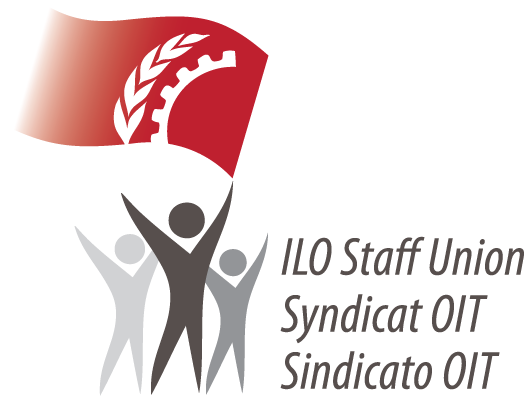The Office drops off the radar / Michel Voirin
Category : Message68
It is often through the press that retired staff who live outside Geneva get their news about the Office. So it was that on 20 March 2020, readers of Le Monde newspaper were able to read of an “International Labour Organization study” (the International Labour Office was not mentioned) on the consequences of the coronavirus for employment in the world. But it was when they saw the DG yet again being described as the Director General of the Organization that their eyebrows, like mine, must have shot up. It was certainly not the first time this formulation had cropped up in print, even if it is still quite a recent one. At first I thought the journalist must have made a mistake, but a survey of The Guardian online revealed the practice to be widespread, no doubt merely reflecting press releases emanating from the ILO media centre. Outside observers can also learn, again from the media, that the change doesn’t only apply to the DG: the heads of the Office’s administrative units, when their work is alluded to, will also refer to themselves as belonging to “the Organization”.
The fact that retirees are detached from the Office and its leadership enables them to reflect via the pages of Message on the reasons, rationale and scope of this new usage. Is it about making the Director General’s title conform to those of the executive heads of the other specialized agencies of the UN family? Or seeking to bolster the DG through reference to the Organization? Whether we like it or not, the unfortunate by-product of such a change is the obscuring of the Office. It amounts to downplaying the identity conferred on it by the founders of the Organization. For, over and above the emblematic title of the Director General, it is the very specific nature of the Office that is at issue. The shift ultimately relegates the institution – whose lofty reputation was established under the impetus and at the instigation of Albert Thomas, with his expertise universally recognized as an essential benchmark – to the rank of mere secretariat. Could it be, then, that I spent most of my career in a phantom institution? It is true that the Office is ceding ground, and operations, to the OECD, which is a matter for its members. But for my part, having retired in 1990, I can only bear witness to the period I knew.
Let us be clear: the designation “Director General of the International Labour Organization” is devoid of any foundation, because the corresponding position does not exist. The perpetuation of this new title would even be contrary to the ILO Constitution which, it should be recalled, provides in its Article 2 that the Organization shall consist of a General Conference, a Governing Body and the International Labour Office controlled by the Governing Body, and in Article 8 that the Director General shall be appointed by the Governing Body.
Nothing, of course, would prohibit amending the Constitution. I am not aware that any such procedure, which could take quite some time, has been initiated. I doubt even that the Governing Body might be inclined to place on the Conference agenda a draft amendment that would be tantamount to diminishing its own prerogatives. The reform would in fact imply the Director General no longer being appointed by the Governing Body but rather by the Conference, as in the other specialized agencies. If that were the case, moreover, a candidate from an international workers’ confederation would be less likely to be nominated in future because, as everyone knows, workers’ and employers’ representatives carry less weight in the Conference than in the Governing Body in comparison with those of Governments, given the difference in the distribution of seats between the groups.
Has anyone assessed the ramifications of changing the title of the Director General, followed by those of the branches of the Office? There is reason to doubt it, and to think the process was indeed unencumbered by questions of legality, or rather constitutionality. Since the Office is the only permanent component of the Organization, it’s true that many come to believe it embodies the Organization. But explanation is not justification, and a change in the Director General’s nomenclature cannot be based on confusion. In the absence of an amendment to the Constitution itself, which no one seems to have envisaged, such a change of title can only be praxis, with nothing definitive about it, although habits do take hold. Internally, although some staff members may be aware of the inconsistency of the new designation, they have understandably not ventured to admit that the emperor has no clothes; nor may later generations of active staff and even retirees – who are arguably not all aware of the Office’s own standing and reputation, or the capital that this represents – appreciate that this recent practice is leading to the disappearance of the Office from the international scene by being, as it were, removed from the radar. It cannot be stressed enough, however, that the existence and specificity of the International Labour Office, like tripartism, are so distinctive that they should not be obscured, but championed.
 The Section of Former Officials of the ILO
The Section of Former Officials of the ILO